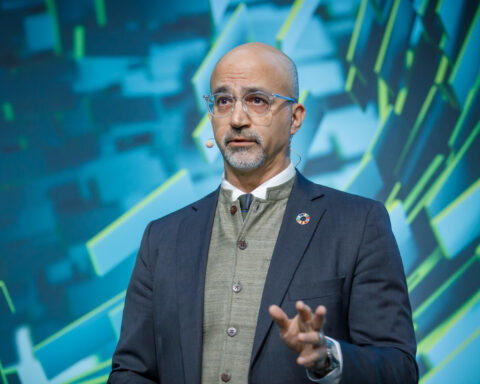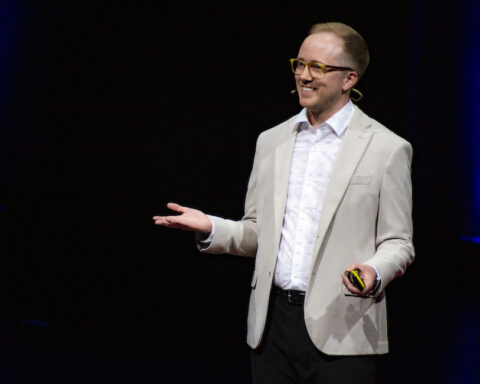In early 2020, as Covid-19 began shutting down parts of the world, one group of academics was amassing a virtual army of volunteer research assistants to capture data about the policies and measures introduced by governments across the world in response to the pandemic. The CoronaNet Project as it is known, is now the biggest open-source data gathering project in the world, drawing the attention of policy-makers and researchers alike. Recently, the project has teamed up with The World Health Organisation and the CoronaNet dataset will form part of its official database. Government officials are accessing the dataset to provide advice and recommendations to world leaders, keeping them updated about their country’s progress in comparison to other states.
Data for longevity
It is strange to be living in a period of such profound change across the globe. Uncertain, unprecedented and unknown are all used to describe how the future will look once we emerge and return to our ‘new normals’, but we should be aware that the policies and measures put in place by our governments during the pandemic may have long legacies. 9/11 is often cited as an event that has had long-lasting impacts on security and surveillance policy, impacting civil liberties, and Covid-19 may have a similar effect, with the expansion of tracking and tracing powers. But there will be many more overt and subtle shifts in the way we lead our lives that will be the result of changes made during this period. Most importantly, in the coming months and years, researchers will require masses of data to analyse the progression of the virus, see which measures worked best and which didn’t and synthesise this to present best practice for the future. To do this, databases like the CoronaNet project will be incredibly important, not just for global health practitioners, but also for social scientists.
Digital histories
So what is it like to be collecting data on this important piece of human history? Each volunteer research assistant on the project has a vital role, no matter the size of the country or their response. At the moment, there are hundreds of ‘RA’s’ in almost every time zone, speaking 30 languages, gathering material about government actions. Travel bans, curfews, and school closures are some of the policies captured in the database, alongside foreign aid, knowledge sharing and capacity building cooperation across borders. This is gathered in real time via newspaper articles, rolling updates, social media and official announcements which are all collected and coded into the open source program that is available, free to anyone. This information comes together to create an overall picture of the political and economic responses to the pandemic.
Transparency for the future
For me, being part of this project highlights how important collective action is, especially in times of crisis. It shows that we don’t need to be physically together, or even know one another, to create something valuable for society now and into the future. This pandemic will shape our lives for decades to come and this dataset will be a window into how our political class responded in the midst of a global health crisis, for better or worse.





